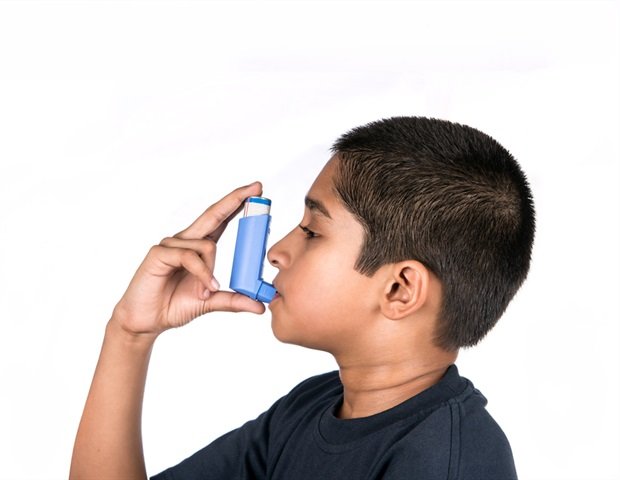Research from Queen Mary University of London shows that rapid urbanization and population growth in sub-Saharan Africa is increasing the incidence of asthma among young people, but lack of diagnosis and care means many of young people were found to be suffering from untreated asthma symptoms.
The team who led this research is confident that their pioneering work into the impact of pollution on lung health has contributed to the introduction of London’s Ultra Low Emission Zone (ULEZ), which will help rapidly urbanizing areas and asthma diagnosis and care. are seeking better access. Population increase.
Asthma is the second leading cause of chronic respiratory mortality in the entire population of sub-Saharan Africa. The study, led by Queen Mary researchers and published today in The Lancet Child and Adolescent Health, seeks to establish the true prevalence of undiagnosed but symptomatic asthma among young people in sub-Saharan Africa. This is the first study to determine incidence and severity.
Researchers recruited 20,000 students aged 12 to 14 from urban schools in Malawi, South Africa, Zimbabwe, Uganda, Ghana and Nigeria. The first part of the trial screened for asthma symptoms. Out of 20,000 students, 12% of participants reported asthma symptoms, but only 20% of that group had a formal diagnosis of asthma.
The second part of the exam asked students who reported asthma symptoms to assess their asthma control, current treatments, asthma knowledge and awareness, and barriers to achieving good control, including access to care and environmental factors. We asked them to complete a detailed questionnaire covering: The researchers also conducted lung function tests, which are used as tests to help diagnose asthma. The study found that nearly half of the undiagnosed participants with severe symptoms tested positive on a diagnostic test, making them very likely to have clinical asthma.
Using International Study of Asthma and Allergy in Children (ISAAC) criteria, two-thirds of adolescents reported severe asthma symptoms, and 80% had not previously been diagnosed with asthma. Even when participants were already diagnosed with asthma, more than 30% with severe symptoms were not using asthma medication.
Worryingly, almost half of students with asthma symptoms were unable to access emergency medical care when they needed it. While 45% of students with asthma symptoms required emergency care within the previous year, a similar proportion reported not receiving emergency care.
The majority of children with asthma can be well controlled with inhaled medications. Our study, conducted in six urban areas in sub-Saharan Africa, shows that the majority of children with asthma symptoms do not receive a formal diagnosis and therefore no treatment. Health professionals, policy makers, and the pharmaceutical industry must work together to address this unmet need that has gone unrecognized for far too long. ”
Professor Jonathan Grigg (Professor of Pediatric Respiratory and Environmental Medicine, Queen Mary University of London)
ACACIA’s Uganda Principal Investigator Dr. Rebecca Nantanda, a pediatrician and senior researcher at the Makerere University Lung Research Institute, Faculty of Health Sciences, Kampala, said: The burden of severe undiagnosed asthma revealed in the ACACIA study requires urgent action, including access to medicines and diagnostics for affected children and their caregivers. ”
Dr Gioia Mosler, head of the Global Health Group and Community Engagement Unit at Queen Mary University of London and principal investigator of the study, said: “If our data are generalizable, This means that there are millions of young people in sub-Saharan Africa with undiagnosed asthma symptoms. Potential solutions such as appropriate diagnosis, treatment and screening in schools need to be considered.
Professor Chris Griffiths, Professor of Primary Care at Queen Mary University and author of this paper, is a leading expert on the health effects of air pollution, particularly in cities, on children’s health and development. Ahead of COP28, we spoke to him about the importance of his research in the context of climate change: https://youtu.be/4Jv2ucStBME
sauce:
Queen Mary University of London

